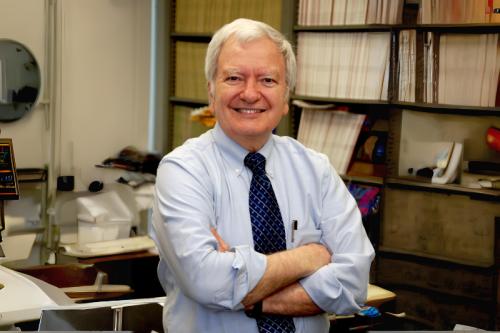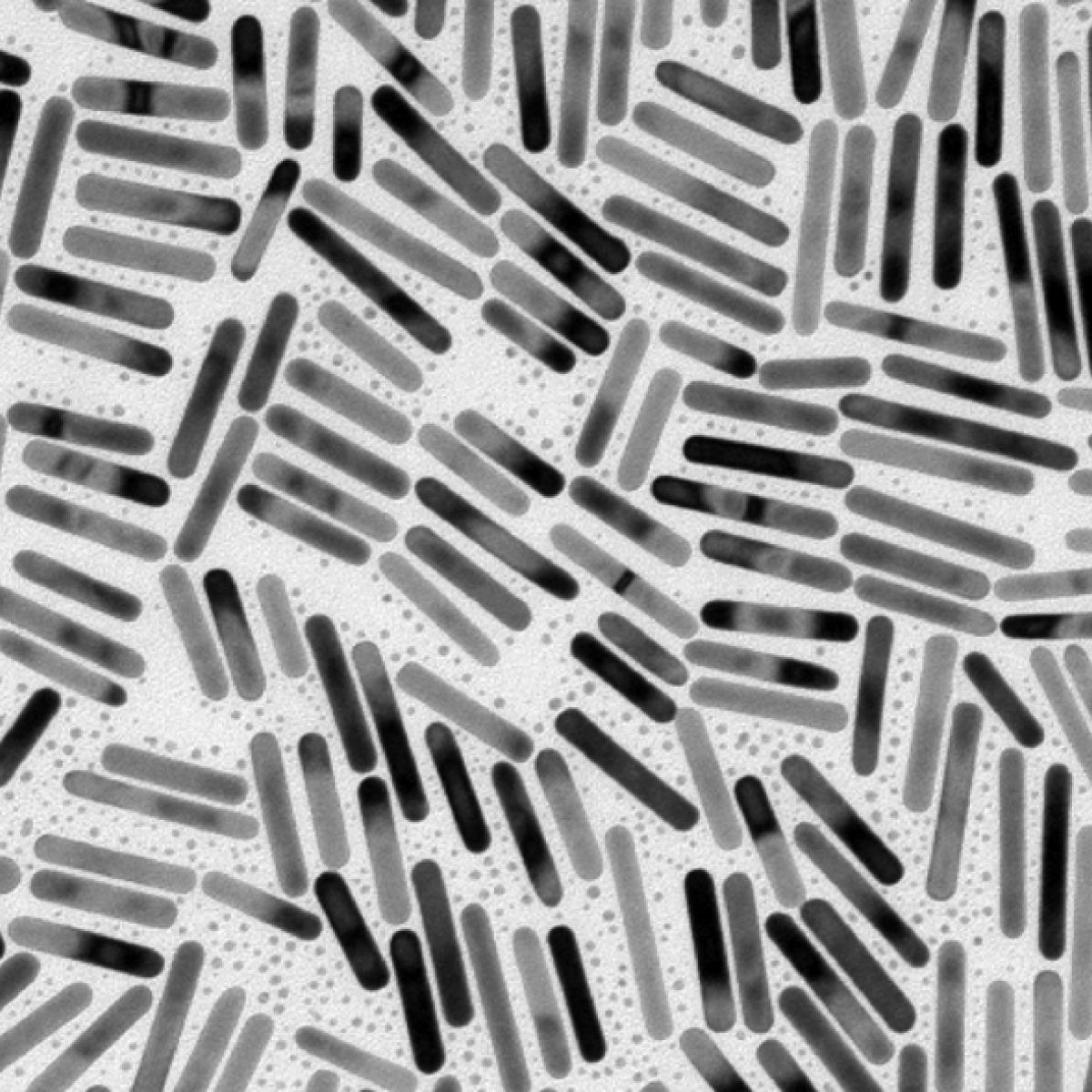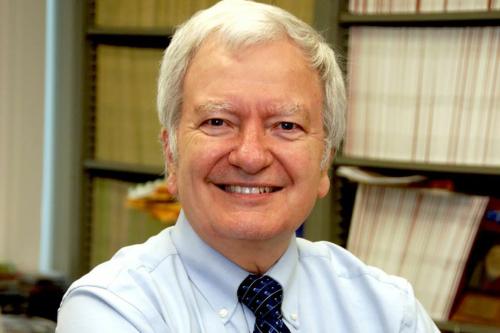
Michael E. Jung, Ph.D.
- Distinguished Professor, Chemistry and Biochemistry
- Associate Dean, Entrepreneurship and Innovation, Physical Sciences

Michael Jung, Ph.D., is a synthetic medicinal chemist who designs new molecules that do not exist in nature to create drugs that fight a wide range of conditions — from cancer to infectious diseases. Jung's research has already led to the development of two FDA-approved drugs, with several more potential treatments in various stages of testing.
With over 50 years of experience in synthetic chemistry, Jung expertly designs molecules with favorable drug-like characteristics, which increases their potential to become effective human medications. His efforts span an array of human diseases; Jung is creating broad-spectrum antiviral agents, designing drugs for neurodegenerative diseases like Alzheimer's, exploring treatments for muscular dystrophies, investigating lifespan-extending compounds and researching new antibiotics.
He collaborated on the development of two compounds, enzalutamide and apalutamide, which have been FDA approved for the treatment of castration-resistant prostate cancer. He is also working on selective estrogen receptor degraders for breast cancer and has additional compounds in clinical trials for ulcerative colitis and hair growth.
“If you’re going to change anything, you better do it soon. I decided to do what I had always wanted to do, but never had the guts to try: I would change my research group from synthetic chemistry to drug discovery to see if we could create a drug for some human disease. That’s a ridiculously grand goal because you can work 40 years in the pharmaceutical industry, know exactly what you’re doing and still never produce a drug. But I figured if you’re going to have a goal for the rest of your life, it might as well be a big one. And, even if I failed miserably, people would just say, Mike Jung must have taken early retirement.”
- Distinguished Professor, Chemistry and Biochemistry
Research Projects
- Designing and synthesizing new drugs for various human diseases, including cancer, viral infections, neurodegenerative disorders and heart conditions
- Preparing and testing new selective binders for the estrogen receptor as a potential treatment for breast cancer and multiple sclerosis
- Creating new forms of the diabetes drug metformin to be used as cancer treatments
- Synthesizing new forms of the natural compound parthenolide to target and kill cancer stem cells Cells that have the ability to differentiate into multiple types of cells and make an unlimited number of copies of themselves. stem cells Cells that have the ability to differentiate into multiple types of cells and make an unlimited number of copies of themselves.
- Developing compounds to increase stem cell production
- Creating molecules that restore dystrophin expression in skeletal muscles as a treatment for muscular dystrophies
-
Post-doctoral Fellowship
- Organic Chemistry, Eidgenössische Technische Hochschule, Zürich, Switzerland, 1974
Degree
- Ph.D., Organic Chemistry, Columbia University, 1973



